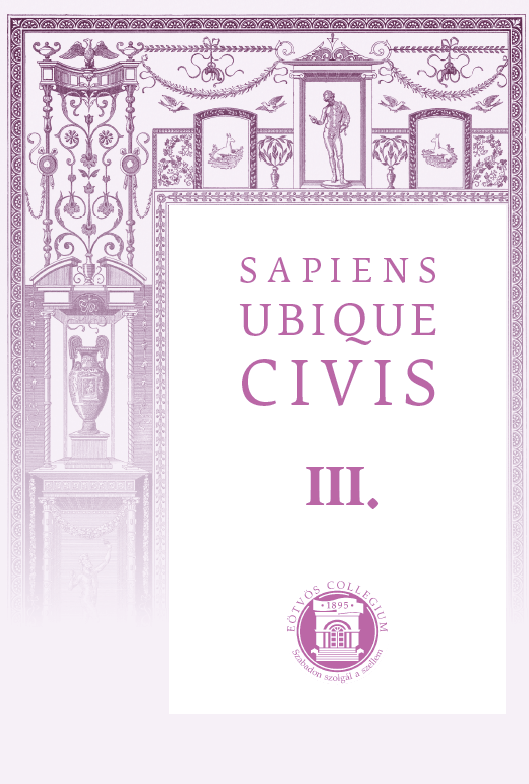Notes on a Minor Character in Attic Tragedy: The Nurse of Phaedra. A Study on Subordinate Characters in Tragic Plots
Main Article Content
Abstract
5th century Attic theatre was a mass phenomenon and the audience was the focal point of this collective dimension. The tragic subject was based on the epic tradition, which was part of spectators’ cultural heritage: the tragedian could not overlook these expectations. This study aims to investigate the dramatic key role of minor characters, which represents a privileged tool to introduce novelty in the repertoire. The reconfiguration of them, even drastical, did not necessarily imply a disruption of the epic core, and so the marginal position of servants, pedagogues, nurses, messengers, was crucial. The λόγος is the only mean at their disposal, that’s the reason why they so frequently pronounce warnings and training. But are these humble characters capable of being righteous advisors, for a good παιδεία? The case of Phaedra’s nurse, in Euripides’ Hippolytus Stephanephoros, offers an intriguing opportunity of study.

